CEPHALASPIDEA
Family: Bullidae Gray, 1827
Bulla striata Bruguiere, 1789
Specie molto comune su fondali sabbiosi. Il mollusco ha abitudini fossorie e notturne, questo rende piuttosto difficile individuarlo, mentre è comunissimo reperire la conchiglia che è di dimensioni ragguardevoli, oltre 2 cm. Le bellissime foto degli amici Gianni Colucci ed Enrico Ricchitelli sono state scattate in Mar Piccolo (Taranto) in immersione notturna
|
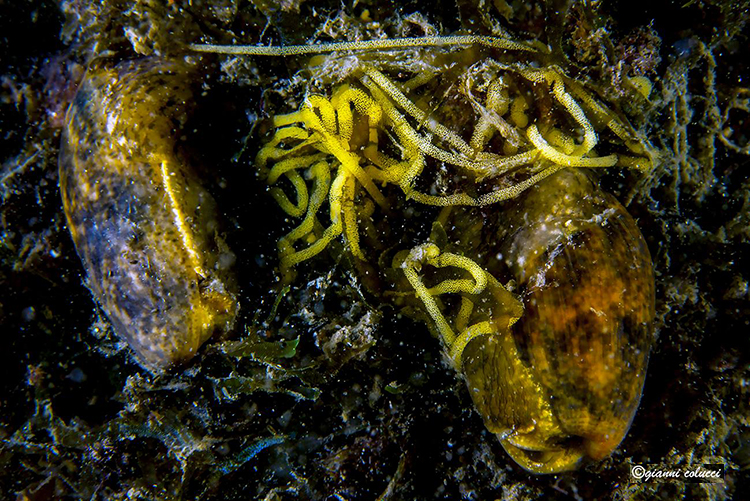 |
|---|---|
Very common species on sandy bottoms. The mollusk has fossorial and nocturnal habits, this makes it rather difficult to identify it, while it is very common to find the shell which is of considerable size, over 2 cm. The beautiful photos of friends Gianni Colucci and Enrico Ricchitelli were taken in Mar Piccolo (Taranto, Italy) in a night dive |
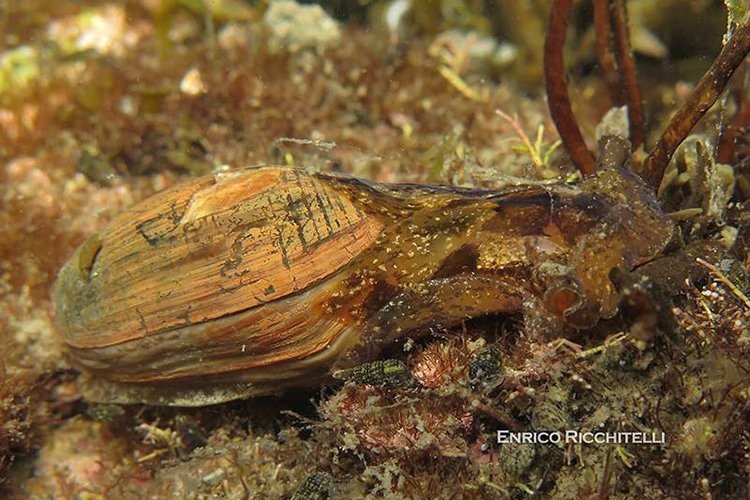 |
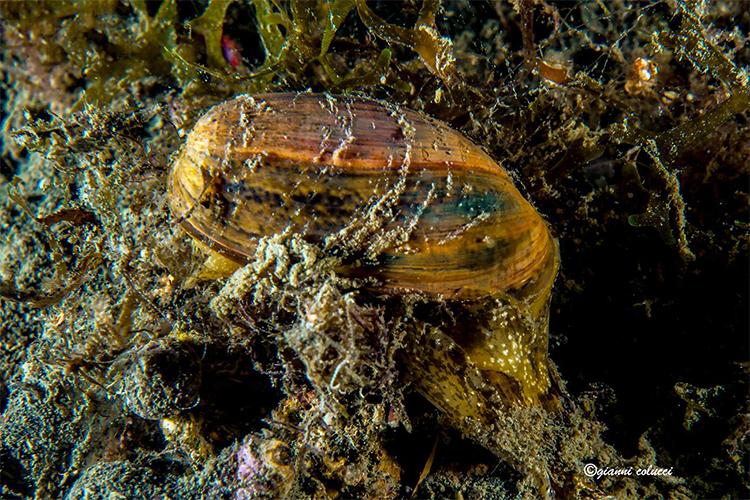 |
|
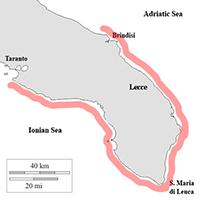 |
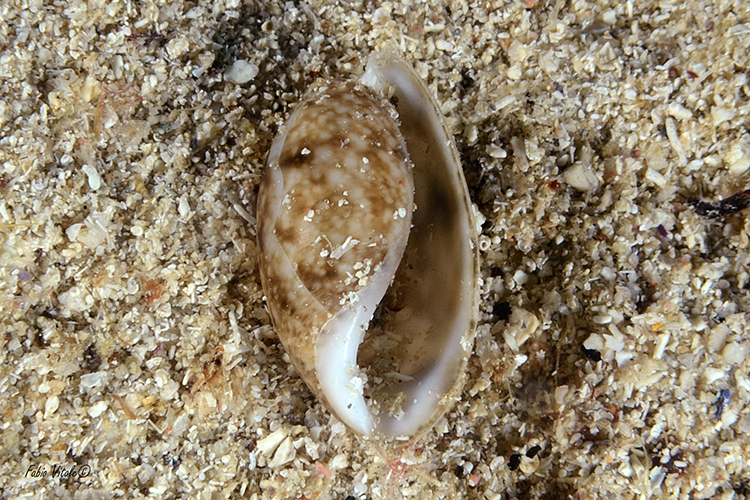 |
Quest'ultima foto ritrae un esemplare giovanile di soli 5-6 mm rinvenuto insieme ad altri esemplari all'interno di un campionamento di rizomi morti di Posidonia oceanica a bassa pronfondità a S. Maria al Bagno (Lecce). This last photo shows a juvenile specimen of only 5-6 mm found together with other specimens within a sampling of dead rhizomes of low depth Posidonia oceanica in S. Maria al Bagno (Lecce, Italy)
|
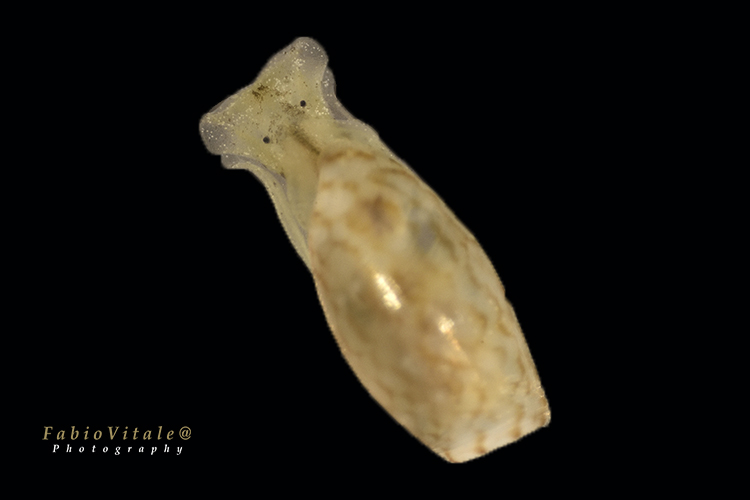 |
Bibliography Micaroni et altri, 2018 Project “Biodiversity MARE Tricase”: a biodiversity inventory of the coastal area of Tricase (Ionian Sea, Italy) – Mollusca: Heterobranchia. The European Zoological Journal, 2018, 180–193 Furfaro G., Vitale F., Licchelli C. e Mariottini P. 2020 Two Seas for One Great Diversity: Checklist of the Marine Heterobranchia (Mollusca; Gastropoda) from the Salento Peninsula (South-East Italy) Diversity 2020, 12, 171; doi:10.3390/d12050171 |
|
